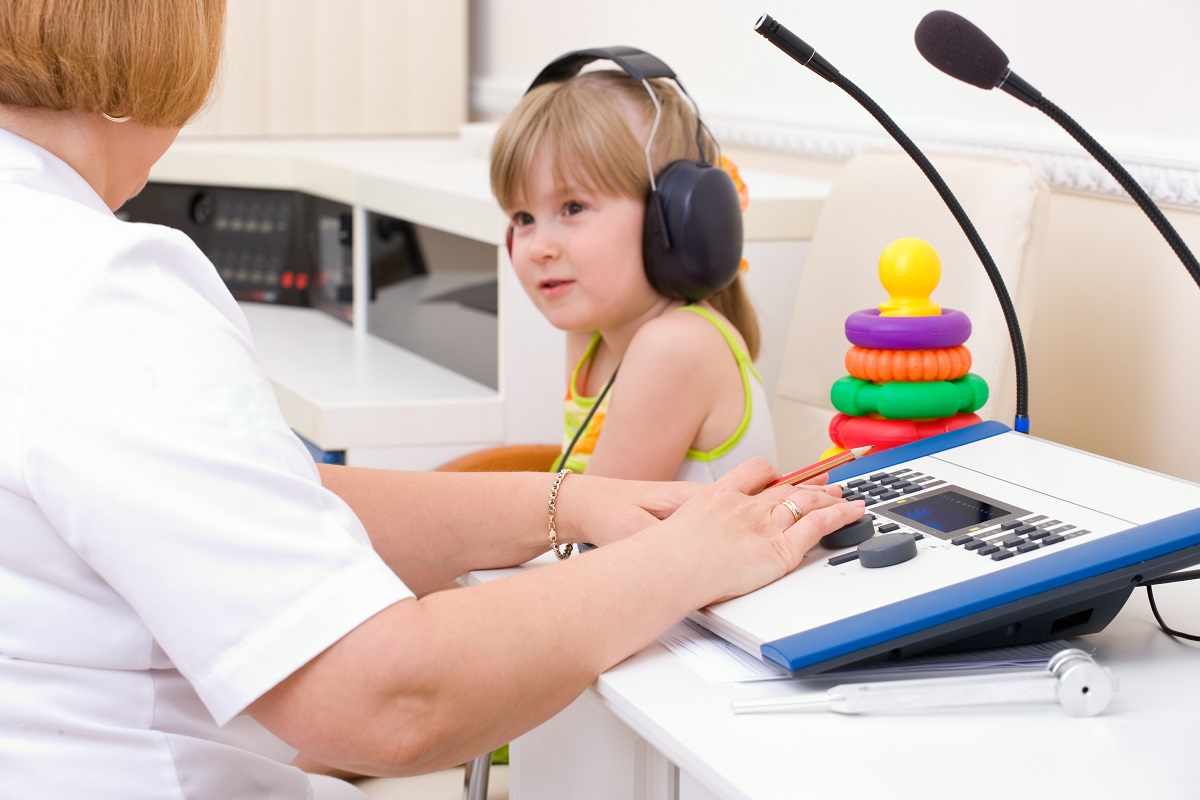- Early language skills can predict future success and are linked to social and emotional development.
- Poor language skills may indicate hearing or vision problems or even developmental delays.
- Parents should take active steps to help their children develop language skills by reading with them and encouraging questions.
- Doing this will give your child the confidence and skills they need for a successful life.
As a parent, you want the best for your child – their happiness, health, and success. A critical aspect of their development is their language skills. Language skills are crucial to communication and can impact your child’s well-being in several ways. In this blog, you will learn about a few things parents should know about their child’s language skills and how they can use this information to promote their child’s health and wellness.
Early Language Skills Predict Future Success.
Your child’s early language skills can be a predictor of future success. Children with strong language skills at a young age often have a head start when it comes to reading, writing, and academic achievement. Conversely, children who struggle with language may have a more challenging time in school and may be at risk of falling behind. This is why it’s so important to encourage language development from an early age.
Language Development is Linked to Social and Emotional Development.
Strong language skills are not just crucial for academic success. They are also linked to social and emotional development. Children who can communicate their feelings and thoughts effectively are better able to form healthy relationships with others. Additionally, language skills can help children regulate their emotions and behavior, providing them with valuable coping mechanisms that can last a lifetime.
Language Skills Can Indicate Hearing or Vision Problems.
If your child is struggling with language development, it’s essential to consider whether hearing or vision problems could be a contributing factor. Children who have difficulty hearing or seeing may have a hard time understanding and producing language. If you suspect this could be an issue, it’s essential to talk to your pediatrician and have your child evaluated.
Language Delays Can be Signs of Developmental Delays.
While there are many factors that can contribute to language delays, they can sometimes be a sign of a more serious developmental delay. If your child is significantly behind in language development, it’s essential to talk to your pediatrician and seek out a professional evaluation.
You might even need to seek out a pediatric speech therapist. They help children learn how to use language. They can help kids with speaking, understanding, and using words. They can also help children with reading and writing. With the help of a speech therapist, your child can get on track with their language development and learn valuable skills that will help them in the future.
Language Development is a Key Part of Brain Development.
Finally, it’s essential to understand that language development is a crucial part of your child’s overall brain development. Every time your child learns a new word or concept, they are forging new neural pathways in their brain. This is why it’s so important to expose your child to a wide range of experiences and language from an early age. Here are some things you can do:
Read to your child.
Reading to your child is one of the best things you can do to promote language development. Reading exposes your child to a wide range of vocabulary and concepts, which will help them understand the world around them.
Talk with your child.
Talking with your child is another critical way to encourage language development. Ask questions, answer their questions, and have conversations about what you’re doing or seeing. This will help your child learn how to construct and express thoughts in a meaningful way.
Provide opportunities for play.
Playtime provides an opportunity for your child to explore, experiment, and use language in creative ways. Try to provide plenty of opportunities for your child to play with their toys or engage in imaginative play.
Encourage them to ask questions.
Finally, encourage your child to ask questions. Learning how to ask and answer questions is a crucial part of language development. By asking questions, your child will gain new information and learn how to express their thoughts more effectively.
By taking active steps to help your child develop their language skills, you can help them gain the confidence and skills they need for a successful future.
Developing language skills is essential to your child’s overall development and well-being. Early language skills can predict future success, while poor language skills may indicate hearing or vision problems or developmental delays.
As a parent, you should take active steps to help your child develop their language skills by exposing them to new experiences, reading with them, talking with them, providing opportunities for playtime, and encouraging questions. Doing this will give your child the confidence they need to succeed academically and socially in life.


